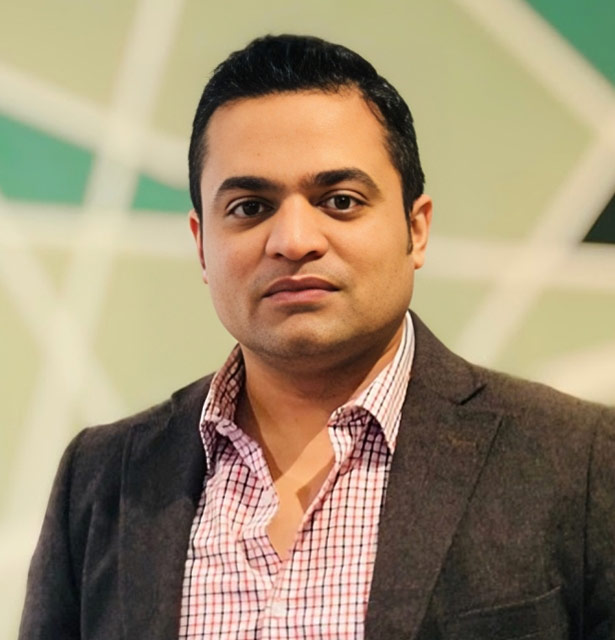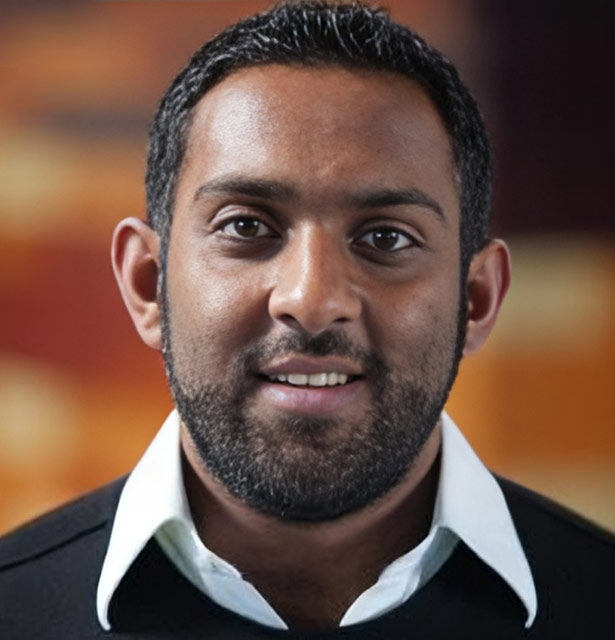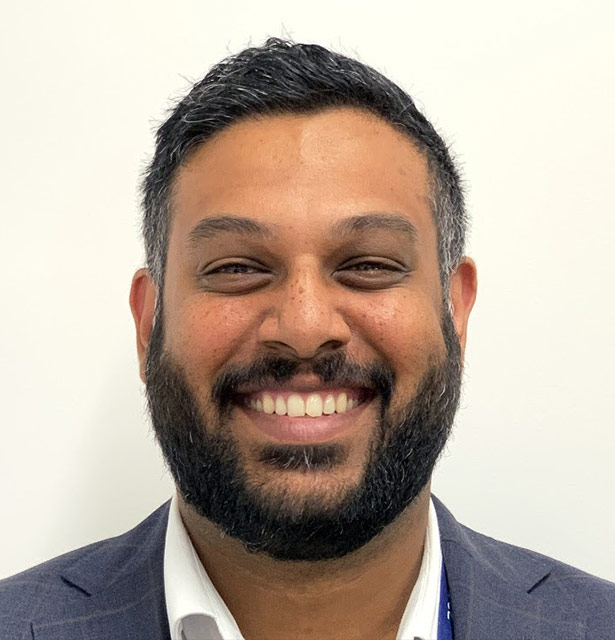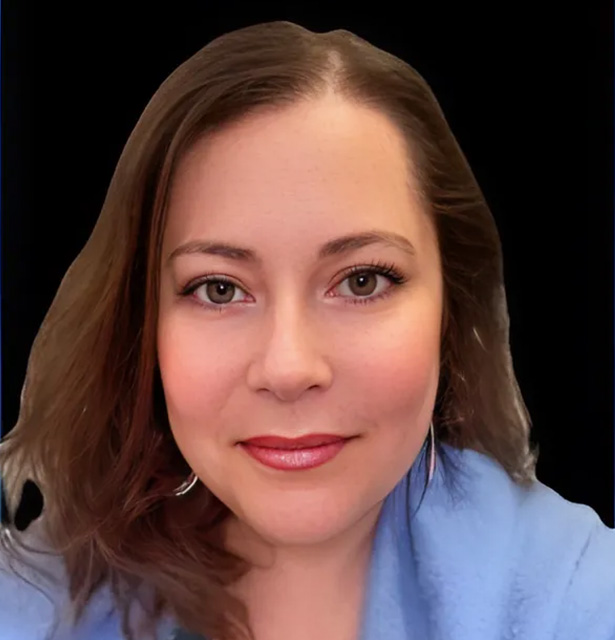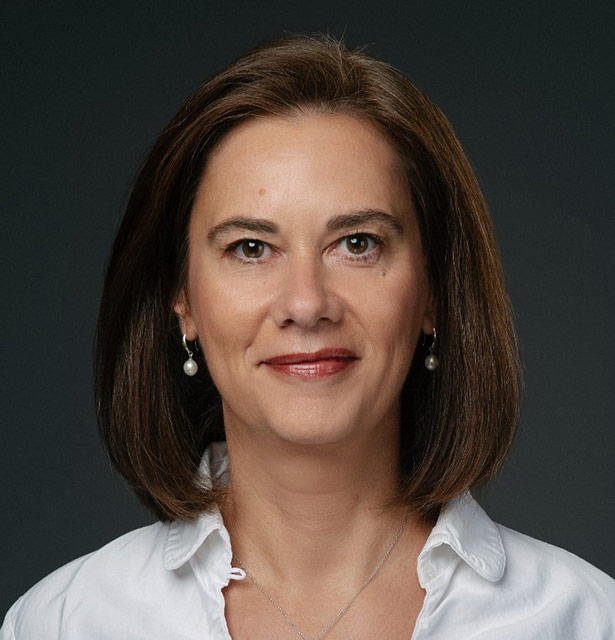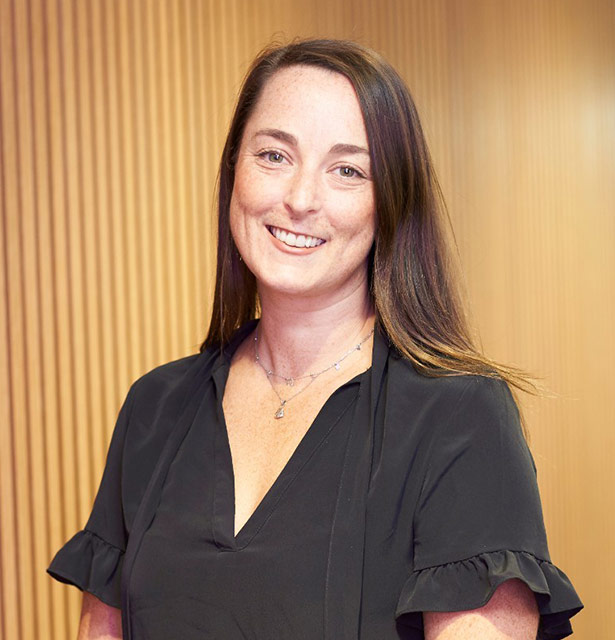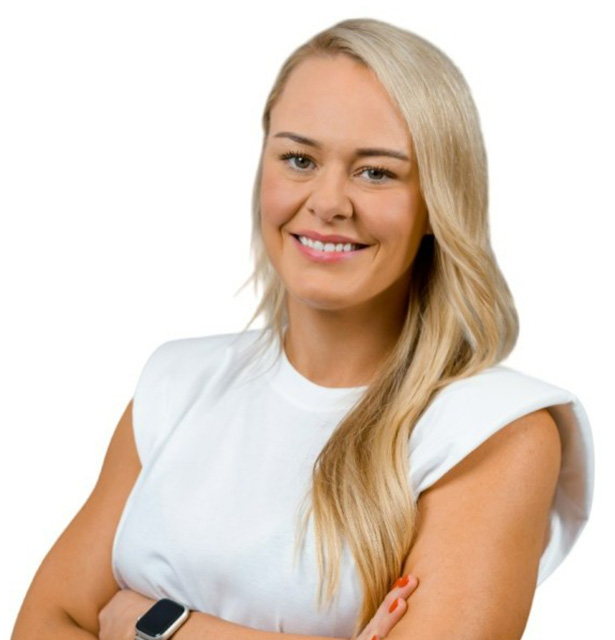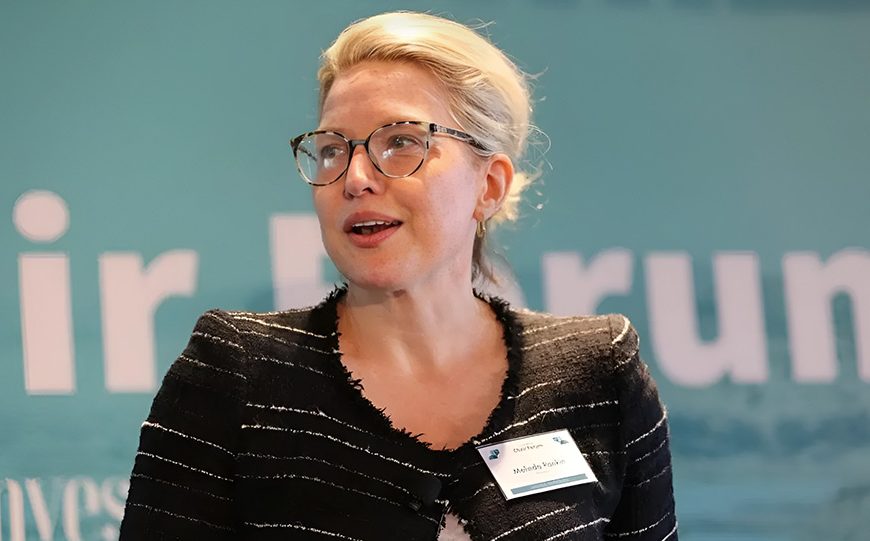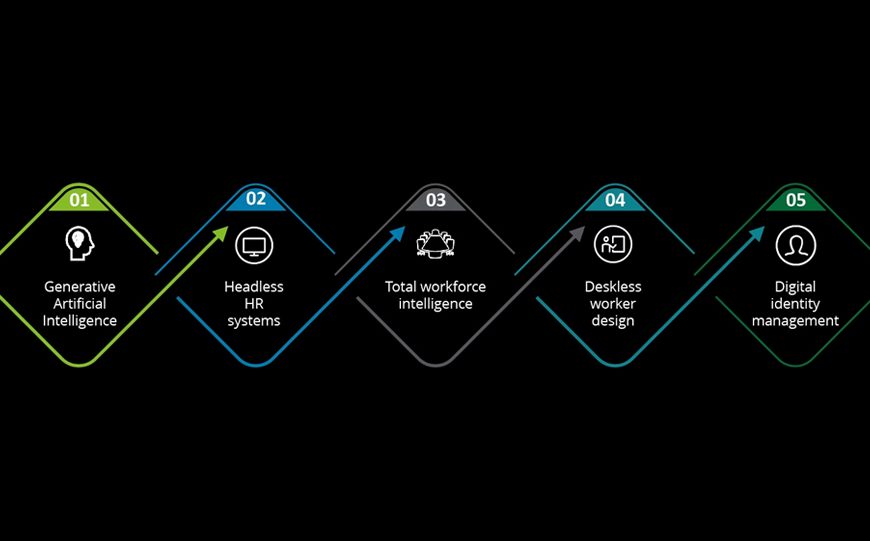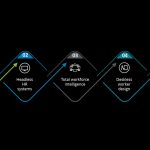- Thinking Like a Futurist: An Essential Org Design Mindset
- How does org design fit into other business processes?
- Measuring ROI – proving the value of methodologies of a change initiative
- A 360-degree approach to behavioral change
- Assessing methods and principles to the research, design, and development of digital services
- Using human-centric design to develop a strategy?
- The Role of Culture in Becoming an Agile Organisation
- How to keep your business on track with micro-level organizational design
- Benefits and challenges discussed: Organisational Design in Practice
- Change management challenges
- OD architecture that facilitates an organisational pivot
- Craft a compelling vision and direction for your organisation that inspires your team
- Have we got our EVP right?
- Why are organizations adopting a skills-based approach?
- Org Design Meets Artificial Intelligence and Automation
- Facilitating the continuous renewal of strategies, procedures, and motivations.
Organization Design 2024 Forum offers sponsors an excellent opportunity to demonstrate thought-leadership and leverage networking opportunities to build brand-value amongst your target audience. If you would like to know more about sponsorship, exhibition and business development opportunities please just get in touch with us – sponsorship@ibrc.com.au
Chair’s opening remarks
LORRAINE SALLOUM
Chief People Officer, Achieve Australia
Our strategy is don't go further than three years, which means that we're constantly very tactical and we're constantly chasing the tail of adapting to change. We're constantly in a survival mode, so we must focus on stabilizing that. This session will address:
• The whole employee life cycle from recruitment to onboarding to leadership development, to promotion and succession planning
• Leadership support and training, given 60% of our workforce is under 25 years old
• It’s in the messaging - Revamping our whole internal communication channel to align with organisation development and change. It starts with the messaging
TANZIL RASHID
Head of Culture and Capability, YMCA Victoria
• How we have used our design behaviour research to influence organisational design human factors.
• Understand what are the roles?
And how should technology be provisioned to different roles based on that role persona, if you like?
• Redesigning a tool for us to get staff to report frontline staff to report when they've encountered customer abuse
ERIN TURNER
Design Leadership, Organizational Psychologist, Optus
10.30AM MORNING TEA
Everybody rocks up to work and looks up to the To Do List and get the job done. Then how do you align yourself to the long-term strategy? And what if your organisation is not mature enough to align your strategy and your daily meetings? How do you, as an individual connect? This session will address:
• Using human-centric design to develop an organisational strategy involving placing the needs, experiences, and motivations of people at the core of the strategic planning process.
• Conducting thorough research to understand the experiences, needs, and pain points of employees, customers, and other stakeholders
• Encouraging collaboration and feedback to develop strategic initiatives and test them on a small scale to gather feedback and assess their impact at a larger scale for better business continuity
SFC: STEPHANIE CARMAN
Head Organizational Development, Optiver
• Continuously optimizing business performance and acknowledges continuous improvement strategies
• Strategies to drive change whilst taking into consideration the operating model
• Understanding the implementation of change, delivery and roll out and the sustainability of change
• Reviewing the impact of tech and AI on the org structure with emphasis on internal collaboration
ANDREA MISSO
Associate Director, Change Programs ANZ, AECOM
12.20PM NETWORKING LUNCH
• Strategic oversight in how we can better connect our people and how can we better enable them to get work done
• Reviewing the role that governance and project management plays in bridging this gap
• How can we work closer with our growth and innovation teams to enable innovation with digital solutions
• How will the way we look, the way we work, look in the future, assessing how we redesign
BO MANAMPERI
VP, People Enablement, SUEZ ANZ
Thinking like a futurist is essential for organizational design as it equips leaders with the foresight to anticipate and navigate future trends, challenges, and opportunities. This mindset involves proactive thinking, scenario planning, and a holistic view of potential future developments. By adopting a futurist perspective, organizations can remain resilient, innovative, and adaptable, effectively preparing for and shaping their future rather than merely reacting to it. This approach ensures that strategic planning is dynamic, inclusive, and forward-thinking, aligning the organization’s vision with long-term success and sustainability.
• Proactive Thinking: Emphasizes anticipating future trends and disruptions rather than reacting to them, enabling strategic preparedness
• Scenario Planning: Encourages creating and analyzing multiple future scenarios to better navigate uncertainties and make informed decisions
• Holistic View: Promotes considering a wide range of factors, including technological, economic, and social trends, to ensure comprehensive and resilient organizational strategies.
SFC: GILLIAN DAVIE
Chief People Officer, Bravura Solutions
14.40PM AFTERNOON TEA
Assessing the impact of culture and employee retention over a decade involves analysing multiple dimensions of both organizational culture and employee retention rates. This session will work through
• The impact of leadership changes on retention and the correlation between leadership styles and employee loyalty
• Focus on identifying gaps and weaknesses and develop strategies to enhance culture
• Understanding how perceptions and experiences can shape the make-up of an organisation
LEISSA DAWSON
Executive People and Culture Leader, Australian Traffic Network
Organisational Design in practice offers a structured approach to aligning an organisation's structure with its strategic objectives, enhancing efficiency, and fostering a positive workplace culture. However, implementing effective organizational design can be challenging due to resistance to change, the complexity of aligning diverse departments, and maintaining flexibility in a dynamic business environment.
Benefits to be discussed:
• Enhanced efficiency
• Strategic alignment
• Improved employee morale
Challenges to be discussed:
• Resistance to change
• Complexity in departmental and function integration
• Maintaining organisational flexibility
Leader:
ADRIAN FAROUK
CEO, Digitas APAC
Pick two of the topics below and join these tables to discuss. Each topic will be allocated 20 minutes discussion.
• Change management challenges!
• Stakeholder management
• Leadership development
• Working with ambiguity
• Crisis management
LORRAINE SALLOUM
CEO, Ability Advocates Australia
Chair’s closing remarks and close of day one
1 Hour Networking Drinks
Chair’s opening remarks
LORRAINE SALLOUM
Chief People Officer, Achieve Australia
• Examples of how you can design organisational design principles to be so super simple to enable the business strategy to take centre stage
• Develop plans aligned with strategic objectives, providing a roadmap to success
• Creating organisational design frameworks that support you to be nimble and future focused
SHAIMA WAJIHI
Future Workforce Design, IAG
Organisational design (OD) architecture that facilitates an organizational pivot is crucial for enabling a company to adapt quickly and effectively to changing market conditions or strategic shifts. This architecture involves creating flexible structures, processes, and cultures that support rapid reconfiguration and innovation. By fostering agility and resilience, an adaptive OD architecture allows organisations to pivot smoothly in response to new opportunities or threats, ensuring sustained competitiveness and growth. This approach aligns resources, capabilities, and goals with the evolving business environment, making change a seamless and integral part of the organizational fabric.
This session will address:
• Implementing adaptable organizational structures that can be quickly reconfigured to meet new strategic priorities
• Developing processes that support rapid decision-making, continuous learning, and iterative improvement
• Cultivating a culture that embraces change, encourages innovation, and empowers employees to contribute to the pivot effectively
AMIT PADHAIR
Senior Executive, Org Transformation,
NSW Department of Customer Service
10.30AM MORNING TEA
Traditionally design is very difficult to measure the success of because it's designed in the digital sense. So how can you tease apart the value of that research project that went into the design. This session will address:
• Defining value and ROI for you and your organisation
• Calculating the ROI by comparing the financial gains from the organisational changes to the costs incurred in implementing these changes
• Measure improvements in productivity and operational efficiency such as metrics like reduced cycle times, increased output per employee, and lower error rates, which translate into cost savings and higher output
• Assess changes in employee engagement, retention rates, and customer satisfaction scores. These metrics can be linked to financial outcomes by correlating higher satisfaction levels with increased sales, reduced turnover costs, and improved service quality
Crafting a compelling vision and direction for your organisation involves articulating a clear, inspiring, and achievable future state that aligns with core values and strategic objectives, motivating your team to work towards common goals. This vision should be communicated consistently and passionately, fostering a sense of purpose and unity within the team.
Key Strategies:
• Articulate the vision in simple, memorable language that everyone can understand and relate to
• Ensure the vision reflects the organisation's core values and strategic goals, providing a sense of purpose and direction
• Involve team members in the vision-crafting process to foster ownership and commitment, and regularly reinforce the vision through various channels and actions
SFC: CARINE ROLLAND
Head of People and Culture,
APAC & ME, ManpowerGroup
12.20PM NETWORKING LUNCH
• Setting up an EVP and 101
• How do we know our EVP is aligned with our business strategy?
• How do we know we have our EVP right?
• Assessing the evolution of the EVP
DANIELLE HOWE
Head of People and Culture, A-Leagues
• Matching talent more closely with organisational needs, allowing more flexibility in accessing and deploying talent pools
• Increasing visibility on talent capacity, enabling organisational understanding available skills and the potential gaps they need to be addressed to achieve organisational objectives
• Discussing how skills-based approaches can add immense value to organisations
KSHANIKA ANTHONY
Org Design and Transformation, Consultant
• The current talent landscape in Australia, specifically with regards to change
• Trends of the current market across the different sectors and industries – what are we seeing?
• What behavioral change are we seeing in terms of retaining, firing, hiring or sitting tight?
• Touching on the importance of why it’s crucial to get in right within the change management hiring process!
Invited:
REBEKAH CRICHTON
Executive Consultant, Bluefin Resources
15.20 AFTERNOON TEA
The integration of AI and automation into organisational design revolutionizes how businesses operate by enhancing efficiency, decision-making, and innovation. This transformation involves restructuring workflows, roles, and processes to leverage AI and automation technologies effectively. By embedding these technologies, organisations can streamline repetitive tasks, improve data-driven insights, and create more adaptive and responsive
business models. This session will assess:
• How to improve efficiency and optimization with AI and use automation to streamline routine tasks, reducing errors and operational costs
• Leveraging data-driven insights from AI to make more informed and strategic decisions, adapting swiftly to market changes
• How can we empower employees by allowing them to focus on higher-value activities like innovation, problem-solving, and strategic planning?
• How can we begin to focus on digital upskilling and implement automation technologies to streamline repetitive tasks and optimise workflows
• How can we leverage tech to inform strategic decisions that can swiftly adapt to trends and shifts internally and externally?
• What about deploying collaboration tools to improve coordination, foster innovation through collaborative efforts, and maintain motivation and alignment within dispersed or hybrid teams?
Chair for open floor:
KSHANIKA ANTHONY
Org Design and Transformation, Consultan
Chair’s closing remarks and the end of day two
Register & pay for 3 delegates with normal rate & get unlimited registrations* (*Can attend in-person or virtually)
Register & pay for 3 delegates with normal rate & get unlimited registrations* (*Can only attend virtually)
Click on the button below and fill the form to confirm your registration.
This site uses cookies. Find out more about cookies and how you can refuse them.





